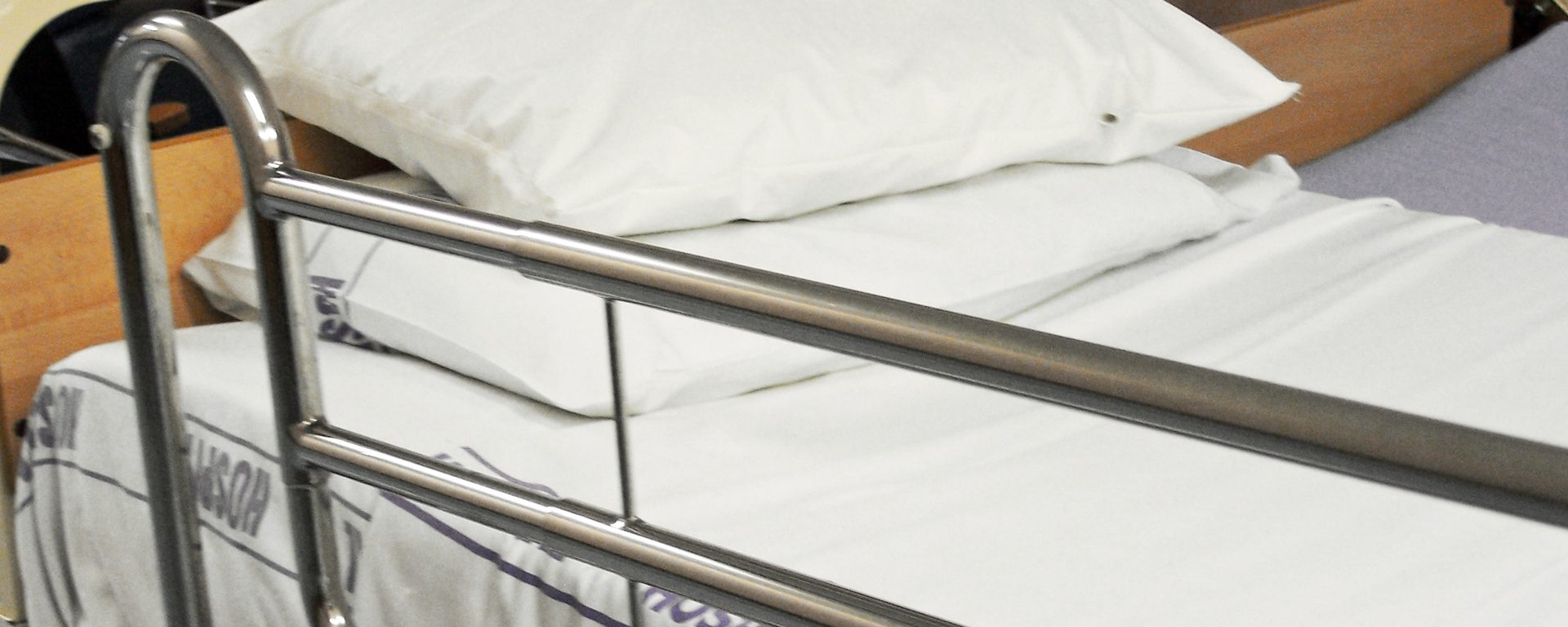Walking out of your MSN graduation, diploma in hand, is like a solid gold ticket to… where? Imagining this moment goes hand-in-hand with learning what the next steps will look like in your nursing career. Once you start researching MSN workplaces, you’ll be pleasantly surprised about the wealth of options that are available. A Master of Science in Nursing (MSN), particularly one that focuses on population health, can help you land leadership roles in healthcare settings as diverse as the following list:
Hospitals
Given the years of hands-on experience you’ve tallied up to get here, you’re no stranger to the hospital environment. However, only with your MSN can work your way up to lucrative administrative jobs like Nurse Manager, Nurse Director, or even Head of Nursing at top hospitals. This is one of the more popular choices for RNs with their MSN degree. Depending on the amount of additional leadership responsibilities, average earnings can range between $60k and $200k annually. If you reside and work in Connecticut, you can feel confident that you’ll be well taken care of. This state ranks among the top 5 highest-paying states for health services managers, with an annual mean wage of over $129k.
If clinical research is more your speed than hands-on operations management, here’s some good news: Nursing Informatics Coordinators can earn on average, around $88k per year. (Though not specifically outlined by the BLS, the computer systems analyst role is comparable in terms of skillsets and job duties.) Nurses working in informatics are talented in applying the practice of research to the healthcare institution. They might facilitate the implementation of new technology, or play a strong part in developing organizational strategy. Other in-demand skills for the Informatics Coordinator role includes experience with electronic medical records (EMRs), and an MSN degree is usually required.
You can enhance your application for this job with additional training, such as the Informatics Nursing Certification (RNBC). The computer and information technology occupations, with a 13% predicted growth rate, or “faster than average”, between 2016-2026, nationwide. Partnered with healthcare sector growth, this occupational outlook in particular is very strong for MSN grads.
Private Practice
Leadership roles in private practice healthcare can also be rewarding. With an MSN degree, you can continue providing patient care in advanced clinical roles – and in a private practice specifically, help families grow, heal, and flourish throughout their lives. According to the BLS, demand for preventative care due to an aging population in the U.S. is one of the core reasons that advanced, clinical nursing roles are growing at a “much faster than average” rate of 31% between 2016 and 2026.
Schools & Universities
Passionate about teaching? Working in a school or university could be the job setting for you. Nurse Educators are in-demand as the healthcare field continues to expand at this rapid rate. Often including a combination of classroom work, clinical training, writing, and scholarly engagement, being a Nurse Educator is a well-rounded role that can be found everywhere from colleges to technical schools, to community-based healthcare education facilities, to home healthcare and long-term care facilities, and even, online learning programs. According to Indeed, Clinical Nurse Educators make more than $40 hourly, which equates to more than $89k annually.
Government Lobbying/Insurance Consulting
This is one not-so-traditional setting where you’ll find nurses with their MSN degree. However, we’re not surprised! Often actually a government role, nurses who work in consulting are known as healthcare lobbyists. They have a strong public administration and policy background. Who better knows the ins and outs of treatment plans, medications, procedures, rehabilitation, and how this any of these will affect the patients’ bottom line financially and physically? A public health nurse with their MSN is a valuable asset to both law-makers in local and federal government, and to companies who design healthcare plans for clients.
Public health lobbyists might work for an organization in communications, research, and community outreach. Insurance companies may contract lobbyists for these skills. The same culture shift that nurses are seeing is being felt across all industries: that is, a shift from acute-care, such as illness and disease management, to wellness management and health promotion. Working as a public health lobbyist is also a good way to promote ethical responsibility in this field as a social justice advocate. Being a leader in this role helps promote equity at several roots of the public health problem: accessibility, transparency, and affordability of care.
Where can you work with a Master of Science in Nursing? Becoming eligible for any of these exciting career paths is just a degree away (only 20 months part-time at Goodwin College). A population health focused degree through Goodwin’s fully online MSN program could positively impact your eligibility for roles with a clinical nursing, public health, social justice, or advocacy focus.
Fast-forward to your dream job with your Master of Science in Nursing from Goodwin College! Get in touch with admissions today by calling 800-889-3282, or visit us online.
Goodwin University is a nonprofit institution of higher education and is accredited by the New England Commission of Higher Education (NECHE), formerly known as the New England Association of Schools and Colleges (NEASC). Goodwin University was founded in 1999, with the goal of serving a diverse student population with career-focused degree programs that lead to strong employment outcomes.

